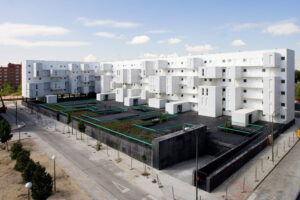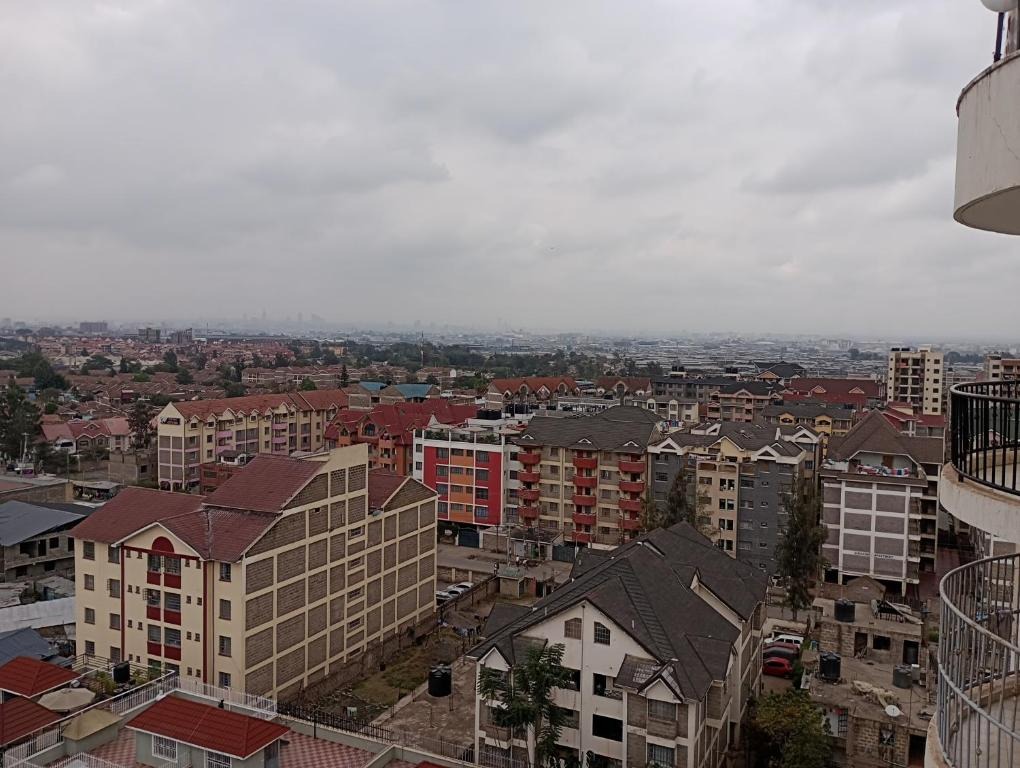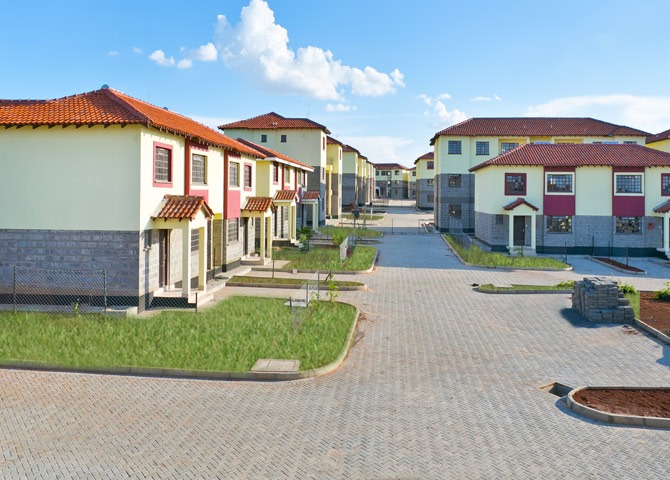
Emerging real estate markets in developing countries present exciting opportunities for investors seeking high growth potential and diversification. As economies expand, urbanization accelerates, and middle-class populations rise, demand for housing, commercial space, and infrastructure increases, driving real estate development and investment. This article explores the dynamics of emerging real estate markets, highlighting key factors to consider when identifying investment opportunities in developing countries.
Understanding Emerging Real Estate Markets

Emerging real estate markets encompass countries that are experiencing rapid economic growth and urbanization, often fueled by industrialization, infrastructure development, and foreign investment. These markets offer attractive investment prospects due to their potential for high returns, relatively low entry barriers, and diversification benefits.
One defining characteristic of emerging real estate markets is their dynamic nature, characterized by rapid changes in supply and demand dynamics, regulatory frameworks, and economic conditions. Investors must conduct thorough due diligence and stay informed about local market dynamics to identify and capitalize on opportunities effectively.
Factors Driving Growth in Emerging Markets
Several factors drive growth in emerging real estate markets, including:
Urbanization: As populations migrate from rural to urban areas in search of employment and opportunities, demand for housing, commercial space, and infrastructure in cities surges. Urbanization creates investment opportunities in residential developments, mixed-use projects, and transportation infrastructure.
Middle-Class Expansion: Rising incomes and improving living standards contribute to the growth of the middle class in developing countries, increasing demand for housing and consumer-related real estate assets. Middle-class consumers drive demand for retail space, office buildings, and leisure facilities, creating opportunities for investors.
Infrastructure Development: Governments in emerging markets often prioritize infrastructure projects, such as transportation networks, utilities, and public facilities, to support economic growth and urban development. Infrastructure investment presents opportunities in sectors such as logistics, industrial parks, and utilities.
Foreign Investment: Emerging real estate markets attract foreign investors seeking higher returns and diversification. Foreign direct investment (FDI) flows into real estate projects, providing capital for large-scale developments and boosting economic activity.
Key Considerations for Investors
Investing in emerging real estate markets offers potential rewards but also entails risks. Here are key considerations for investors:
Market Research:Conduct comprehensive market research to understand local market dynamics, regulatory frameworks, and economic conditions. Evaluate factors such as population growth, GDP growth, inflation rates, and political stability to assess investment risks and opportunities.
Local Partnerships:Partnering with local developers, brokers, and advisors with deep knowledge of the market can provide valuable insights and access to deal flow. Local expertise is essential for navigating regulatory processes, identifying investment opportunities, and mitigating risks.
Risk Management: Emerging markets can be volatile and subject to geopolitical, economic, and regulatory risks. Implement risk management strategies, such as diversification, asset allocation, and thorough due diligence, to mitigate investment risks and protect capital.
Long-Term Perspective: Adopt a long-term investment perspective when investing in emerging real estate markets. Real estate development and investment often require patience, as projects may take several years to mature and deliver returns. Focus on fundamentals, such as location, asset quality, and market demand, rather than short-term fluctuations.
Opportunities in Specific Sectors
Emerging real estate markets offer opportunities across various sectors, including:
Residential Real Estate: Growing populations and urbanization drive demand for affordable housing, middle-income housing, and luxury residential properties. Residential developments, including condominiums, apartment complexes, and gated communities, cater to diverse market segments.
Commercial Real Estate: Rising consumer spending and expanding businesses create demand for retail space, office buildings, and industrial facilities. Retail developments, shopping malls, office parks, and logistics warehouses are attractive investment options in emerging markets.
Hospitality and Tourism: Developing countries with rich cultural heritage and natural attractions offer opportunities in the hospitality and tourism sector. Hotels, resorts, and leisure developments cater to domestic and international tourists, driving economic growth and employment.
Infrastructure:Infrastructure investment presents opportunities in sectors such as transportation, energy, utilities, and telecommunications. Public-private partnerships (PPPs) and government initiatives support infrastructure development, creating opportunities for investors in emerging markets.
Conclusion: Seizing Opportunities in Emerging Markets

Emerging real estate markets in developing countries offer investors opportunities for high growth potential, diversification, and portfolio expansion. By understanding the dynamics of emerging markets, conducting thorough due diligence, and adopting a long-term perspective, investors can identify attractive investment opportunities and capitalize on the growth potential of these dynamic economies.
As economies continue to evolve and urbanize, emerging real estate markets will play an increasingly important role in global investment portfolios. By staying informed about market trends, leveraging local expertise, and managing risks effectively, investors can navigate the complexities of emerging markets and build resilient, high-performing real estate portfolios for the future.







